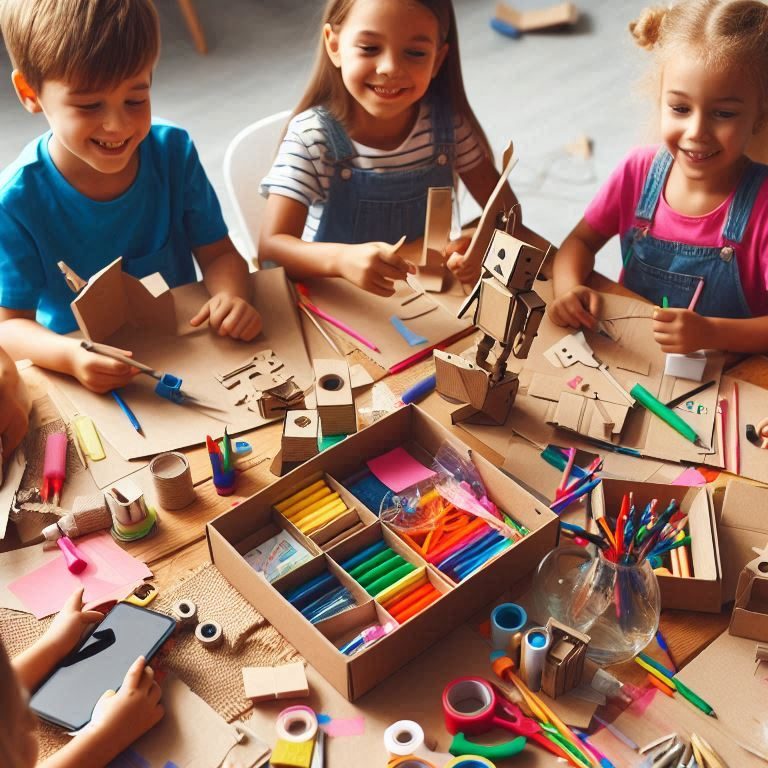Children who have difficulties with reading are often diagnosed with a learning disability called dyslexia. It is estimated that as many as 8 percent of elementary school children are affected by this disorder.
The Significance of Reading
Reading is a crucial skill that plays a significant role in our daily lives and success. As adults, we effortlessly pick up a newspaper, magazine, or any written material and gain new knowledge or a deeper understanding of a topic through reading.
The Developmental Process of Reading
However, as children, we had to go through a process of developing certain skills. In our early years, we learned to focus our attention on printed material and were taught to read from left to right. As we progressed, we learned the alphabet and the sounds of the letters. From there, we moved on to recognizing and understanding words. Of course, there was always that strict English teacher who would mark up our (what we thought were) great English papers with a red pencil, constantly correcting our grammar and spelling. This process of learning to read and comprehend sentences eventually led us to reading books, some of which were good and some not so good.
Building Ideas and Creating Images
Our minds started to build ideas and create images. New ideas were compared to old ones, and our perspective on new experiences changed the way we thought. Deep thoughts and everyday experiences were stored in our memory.
Challenges Faced by Children with Dyslexia
However, children with dyslexia may struggle with any of these tasks. They may have difficulty distinguishing the sounds in spoken words or struggle to sound out words or rhyme them. Another challenge they face is forming mental images. They may struggle to connect what they already know with new ideas or concepts. This can become a significant obstacle as they progress from simply defining words to comprehending entire ideas.
Scientific Progress and Support
Despite the overwhelming nature of this learning disability, scientists have made great progress in understanding and supporting individuals with dyslexia. It is important not to label your child as having a learning disability, but rather to recognize that they simply need to learn in a different way.





